It’s now been ten years since Seamus Heaney died, and after a great poet’s death it’s natural, I suppose, that the keg of popular imagination works to distil a lifetime’s writing into a kind of Greatest Hits. His poems ‘Digging’, ‘Blackberry Picking’, ‘Mid-Term Break’ and the masterly sonnet sequence about his mother in ‘Clearances’ sit among the justifiable contenders, but even so there can be concentrations too far. A US presidential speech on any given topic is now unlikely to conclude, it seems, without Joe Biden mistily inserting the lines that Heaney wrote for the chorus in his Sophocles adaptation The Cure At Troy. You’ll recognise them: they’re the ones that end ‘The longed for tidal wave/ Of justice can rise up/ And hope and history rhyme’.
It came as a relief, therefore, to listen to Radio 4’s excellent Four Sides of Seamus Heaney, and be reminded of the broad range and artful precision of his work: its long roots in rural Derry’s landscape and language, the ache of Northern Ireland’s violent quarrels, and his love of family and friends. Here, too, is his evident pleasure in the varying weight and lustre of words as he handles and rearranges them in extensive translations of other poets’ writing.
A different presenter hosts each of the four episodes, divided by theme – place, love, the Troubles and translations – and with eloquent contributions from writers such as Colm Toibin and Michael Longley. In the first, the poet John Kelly travels to the village of Bellaghy, where Heaney is buried. His early years were spent nearby, growing up on the family farm at Mossbawn as the eldest of nine, an experience that informed ‘Digging’, his famous reflection on moving away from the farm work of his grandfather and father and towards his own vocation as a poet. His brother Dan says Seamus first had the idea while changing gears in the car, and – hearing Heaney read the poem aloud here – I was struck afresh by his determined delivery of the lines: ‘Between my finger and my thumb/ The squat pen rests./ I’ll dig with it.’ Perhaps a resolve to uphold his forebears’ work ethic – ‘My grandfather cut more turf in a day/ Than any other man in Toner’s bog’ – underpinned his own notable industry. He was never a flâneur, or posing as one: when it came to poetry, he put his back into it.
Listening instead of reading, you’re often blindsided by Heaney’s instinct for a knock-out last line. In a poem about a mother watching her son get married, for example, she recalls his glistening back in the bath as a child, but time has moved on for her too: ‘Once soap would ease off/ The wedding ring/ That’s bedded forever now/ In her clapping hand.’ A portrait emerges of a courteous man who could be quietly stubborn when necessary.
In the third episode the poet Gail McConnell probes Heaney’s role during the Troubles carefully – much as Heaney himself had tried to voice grief and grievance without pitching verbal incendiary devices into a flammable situation. (His caution rankled with Sinn Fein: his poem ‘The Flight Path’ recalls a party spokesman approaching him on a train around 1980, demanding ‘“When, for fuck’s sake, are you going to write/ Something for us?”’. He replied that he’d write for himself, ‘Or words to that effect.’)
The most moving episode, however, is the second and most personal, presented by his daughter Catherine on the treatment of love in his poetry. It includes his wife Marie talking about his earliest love poem to her, ‘Twice Shy’, written after the young couple took their first walk together, both ‘excited’ but ‘chary’ of expressing feelings too early. It also contains his last, the text ‘Noli timere’ – ‘Don’t be afraid’ – sent to her as he was being wheeled in for the heart operation from which he did not return. The series begins with Heaney quoting Robert Frost’s remark that ‘a poem begins with a lump in the throat’. You’d be hard pushed not to have one here.
The new podcast When It Hits The Fan unfurls on less salubrious turf: the mucky ground of schadenfreude. David Yelland, the former Sun editor, and Simon Lewis, one-time communications secretary for the Queen, mull over the PR disasters that have made the recent headlines. This podcast falls under the familiar but not unenjoyable genre of ‘two blokes chewing the fat’ and in the establishing episode – or first pint as I like to think of it – they were busy name-dropping (‘Gales of laughter. I look up and it’s Nelson Mandela!’) while revealing their easy intimacy with the harsh terrain of reputational disaster zones.
Topics included the crisis in Spanish football and the Education Secretary’s unscripted F-bomb over crumbling concrete, but it was their analysis of Prince Harry’s pained and often contradictory relationship with the press that carried most insight. In what may be early over-enthusiasm, Yelland made such studious references to the substance implied in the title – ‘the brown and smelly stuff’; ‘a fan-hitting moment’ etc. – that I started to feel a bit queasy. Still, the chat also has a pleasingly knowing whiff of pub yarns after last edition, so I might hang in there: I reckon by the third pint they’ll really start warming up.
Got something to add? Join the discussion and comment below.
Get 10 issues for just $10
Subscribe to The Spectator Australia today for the next 10 magazine issues, plus full online access, for just $10.
You might disagree with half of it, but you’ll enjoy reading all of it. Try your first month for free, then just $2 a week for the remainder of your first year.


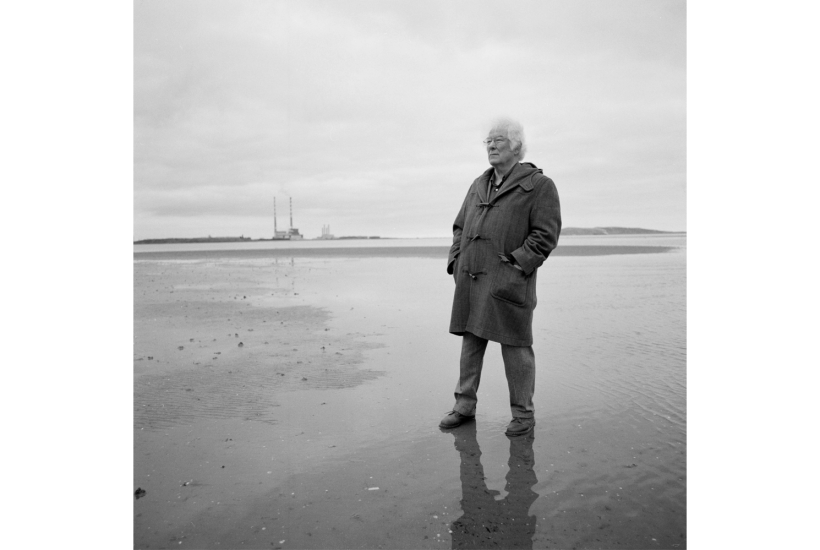
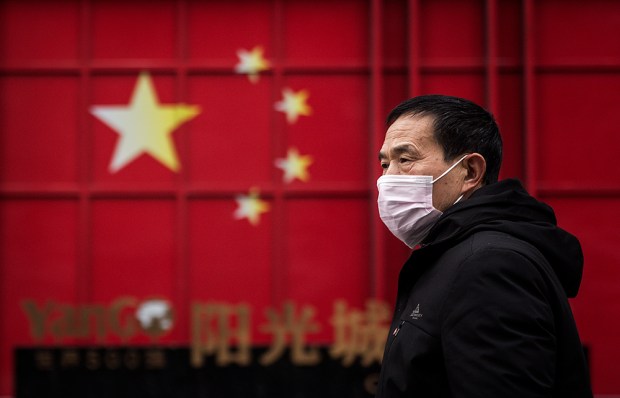

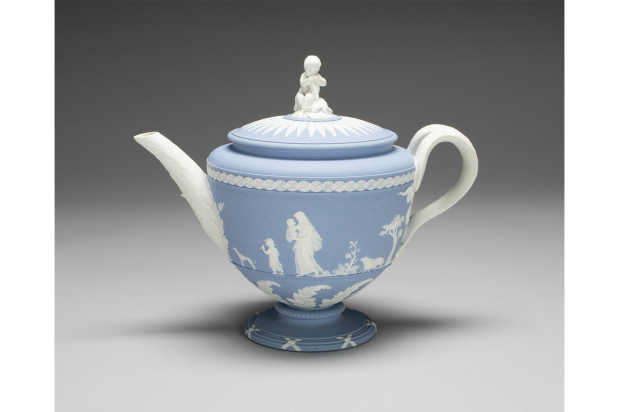
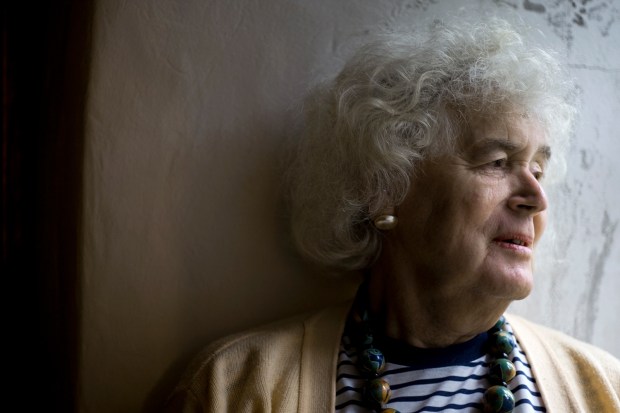
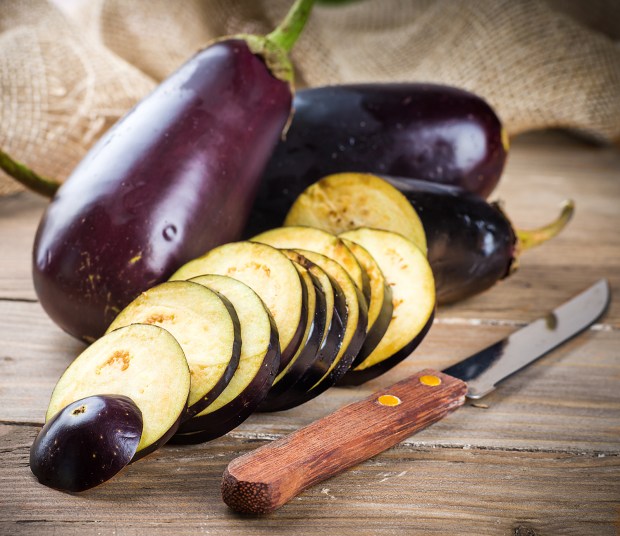
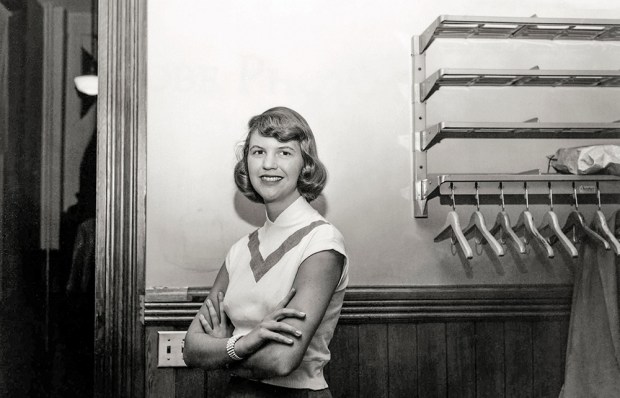






Comments
Don't miss out
Join the conversation with other Spectator Australia readers. Subscribe to leave a comment.
SUBSCRIBEAlready a subscriber? Log in